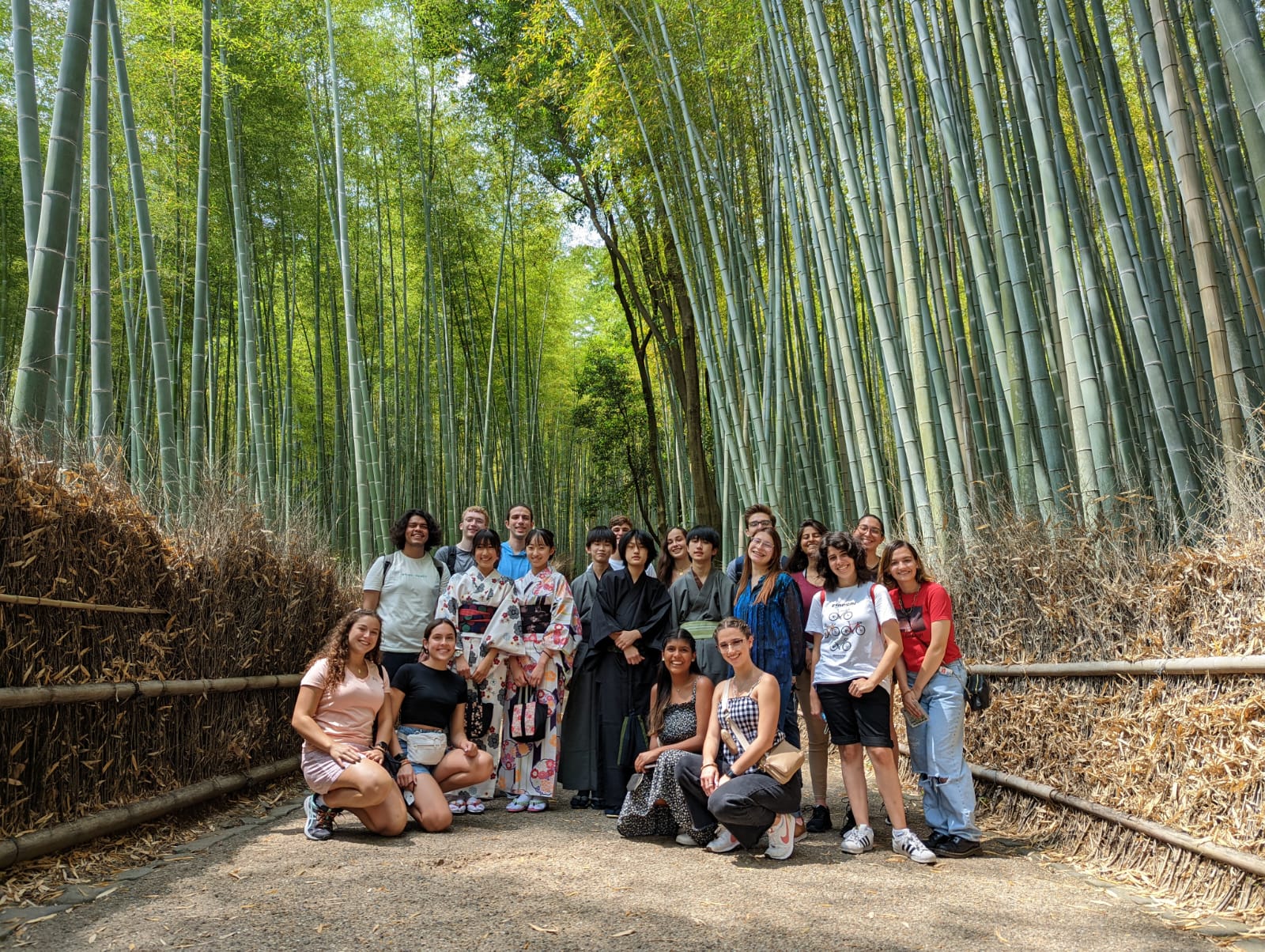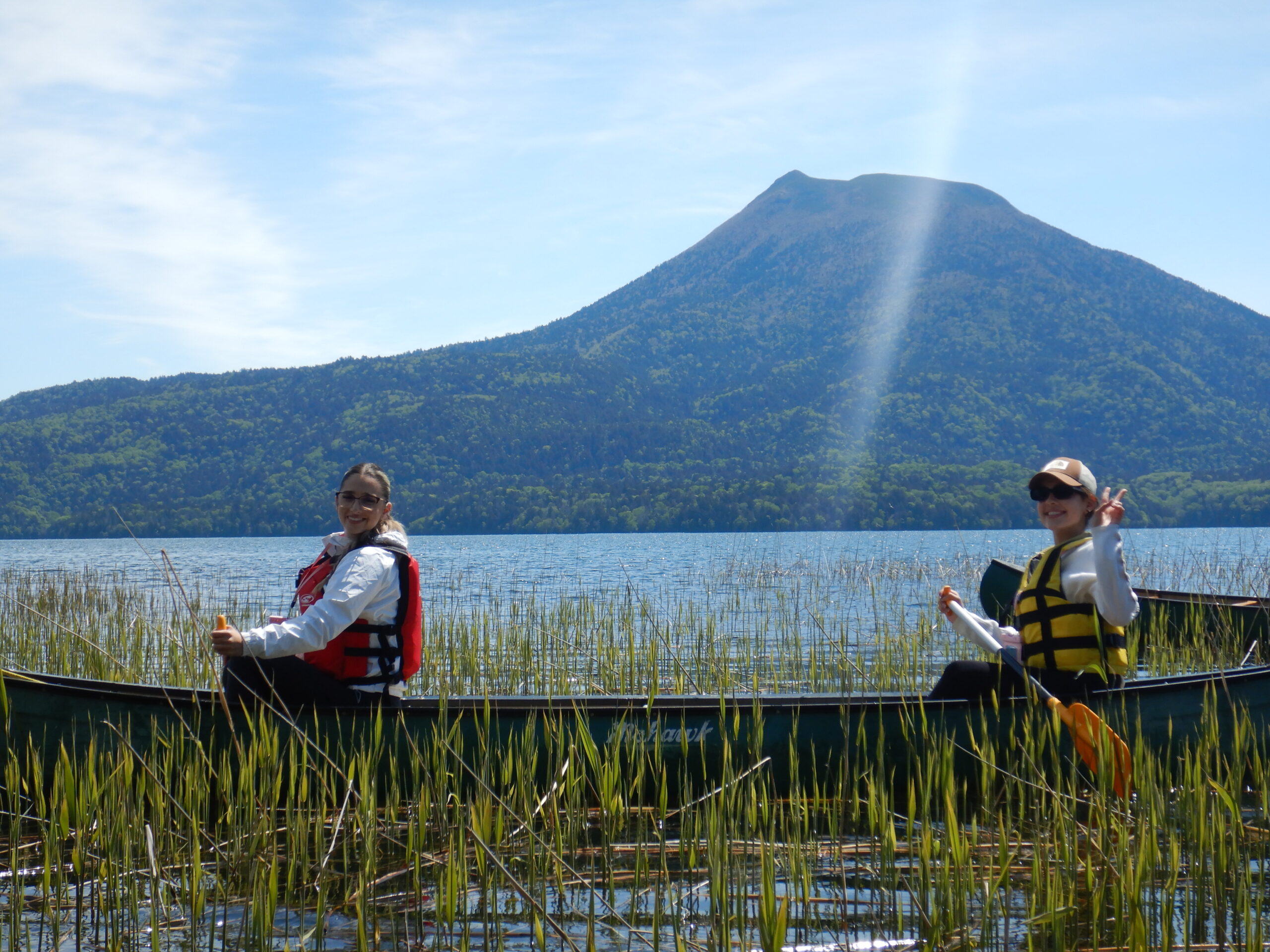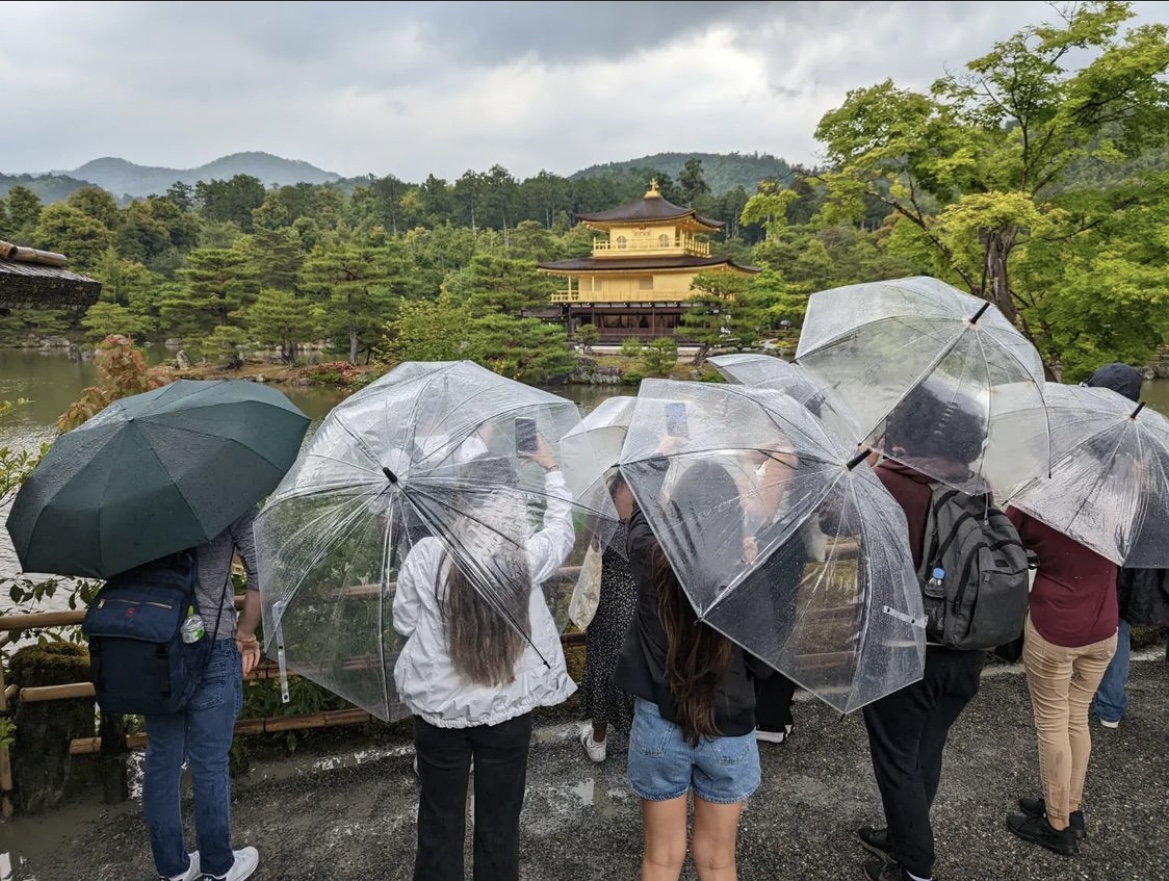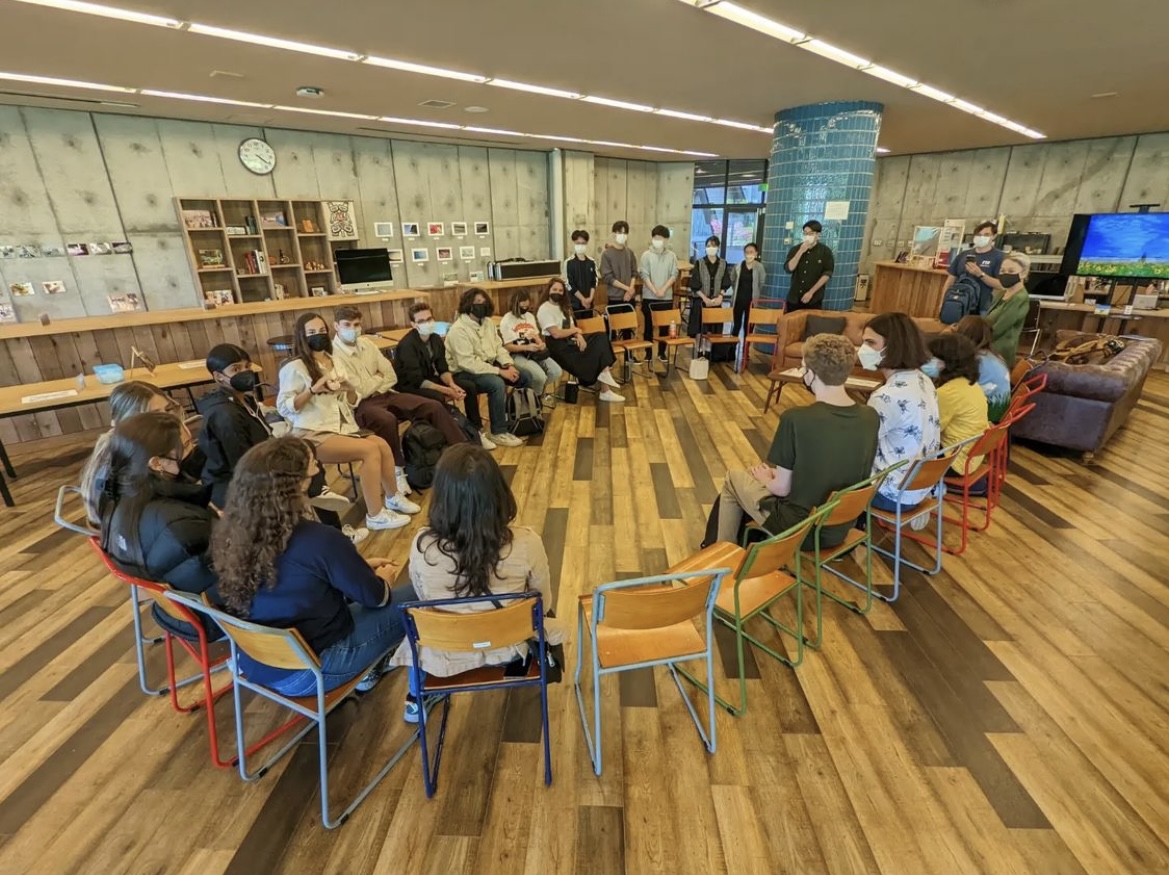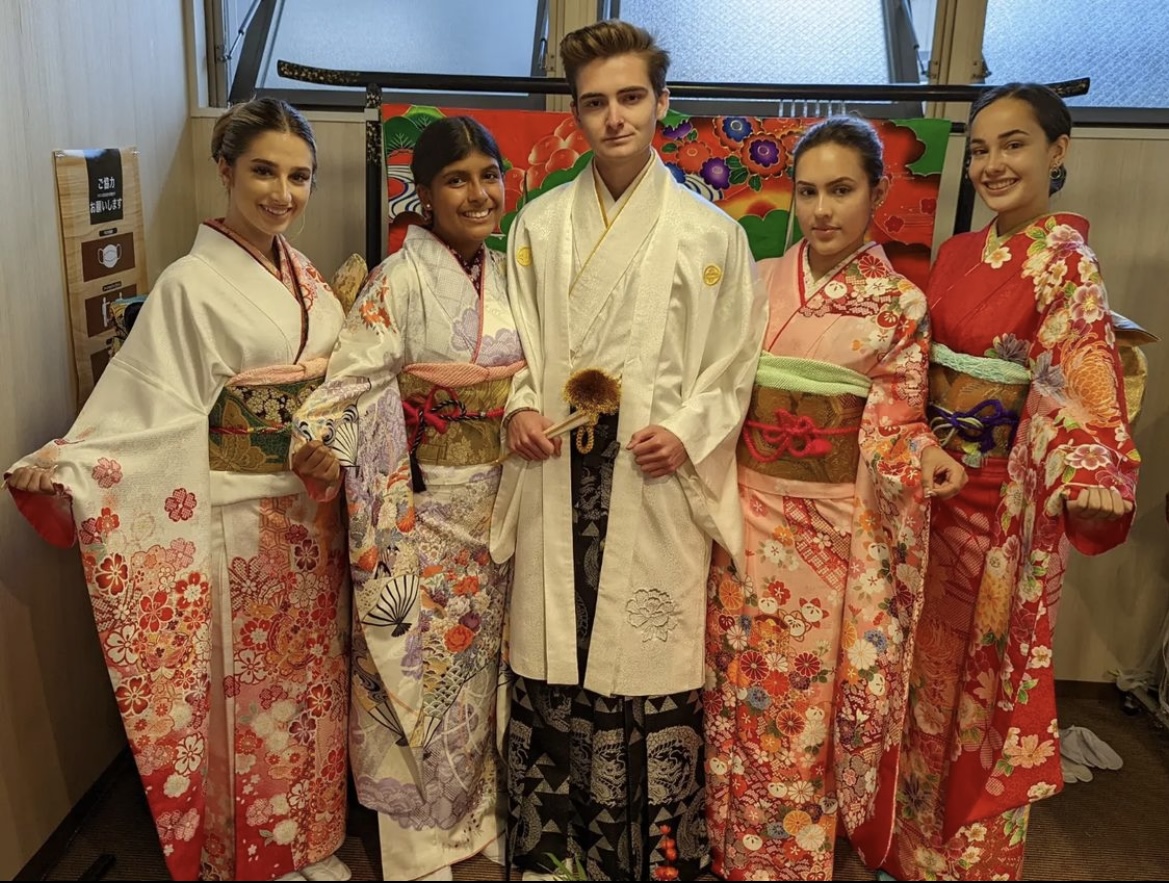Two semesters (Spring on campus & Summer abroad), 22 days, 6 cities
Travel Portion:
2024: (FULL)
Start: Monday, May 20
End: Monday, June 10
Price (airfare not included): $4,400 $3,400
Overview
Why participate?
This course will examine what it is like to live in a sustainable society. We will observe Edo’s (1603 – 1867) ecological lifestyle when traditional technology and culture were at their peak of development just before Japan opened to the West. We will learn how the Edo society overcame many problems such as issues of energy, water, materials, food and population, and how they shaped a conservation-minded, waste-free, and economically strong society. Then we will discuss the spiritual interaction between nature and the Ainu people, who lived a reciprocal lifestyle. A multi-perspective approach will be used to discuss and analyze development of the tourism.
This course will examine what it is like to live in a reciprocal society. We will observe Edo’s (1603 – 1867) ecological lifestyle by visiting Edo Tokyo Museum and the downtown of Tokyo, such as Yanaka, Sendagi, Nezu and Asakusa. In Hokkaido, we will discuss the spiritual interaction between nature and the Ainu people, who lived a reciprocal lifestyle with nature and animals by visiting Sapporo University and Hokkaido University in Sapporo city. Then we will visit Ainu village called Nibutani and Akan Kotan. In these Kotan, we will learn their world view and their reciprocal lives.
Course focus
- Reciprocity
- Edo Period
- Japanese Culture
- COURSE SYLLABUS: Spring 2024 Syllabus & Summer 2024 Syllabus
Program information
- Spring 2024 (on campus-hybrid): IDH 4007 (3 credits) - MMC, Thursdays, 2:00PM-3:15PM
- Summer A 2024 (abroad): IDH 4008 (3 credits) - May 20-June 10, 2024
Program highlights
- Participating in Kukai's spiritual retreat place in Koyasan
- Collaborating with Waseda University students
- Canoeing in Akan Lake
- Learning traditional cooking, dances, and songs from Ainu elders
- Trying on kimonos with expert
What is included
- Welcome Suica card
- One-way flights within program
- 22 nights in handpicked accommodations
- 6 breakfasts, 2 lunches, 0 dinner
- Expert Program Director
- 24/7 support from Program Director
- 9 activities, including Hand-Copying Sutra and Kimono Wearing Lecture
- 3 tours with local guides
- Admission to Kinkaku-ji Temple, Gin no Shizuku Museum, Ryoan-ji Temple, Kabuki theatre and so much more
What is not included
- Roundtrip international airfare
- $195.00 Education Abroad administrative fee (OEA Fee)
- FIU in-state tuition (6 credits, $205.57 per credit)
- Passport, visa, and other necessary documents
- Personal expenses
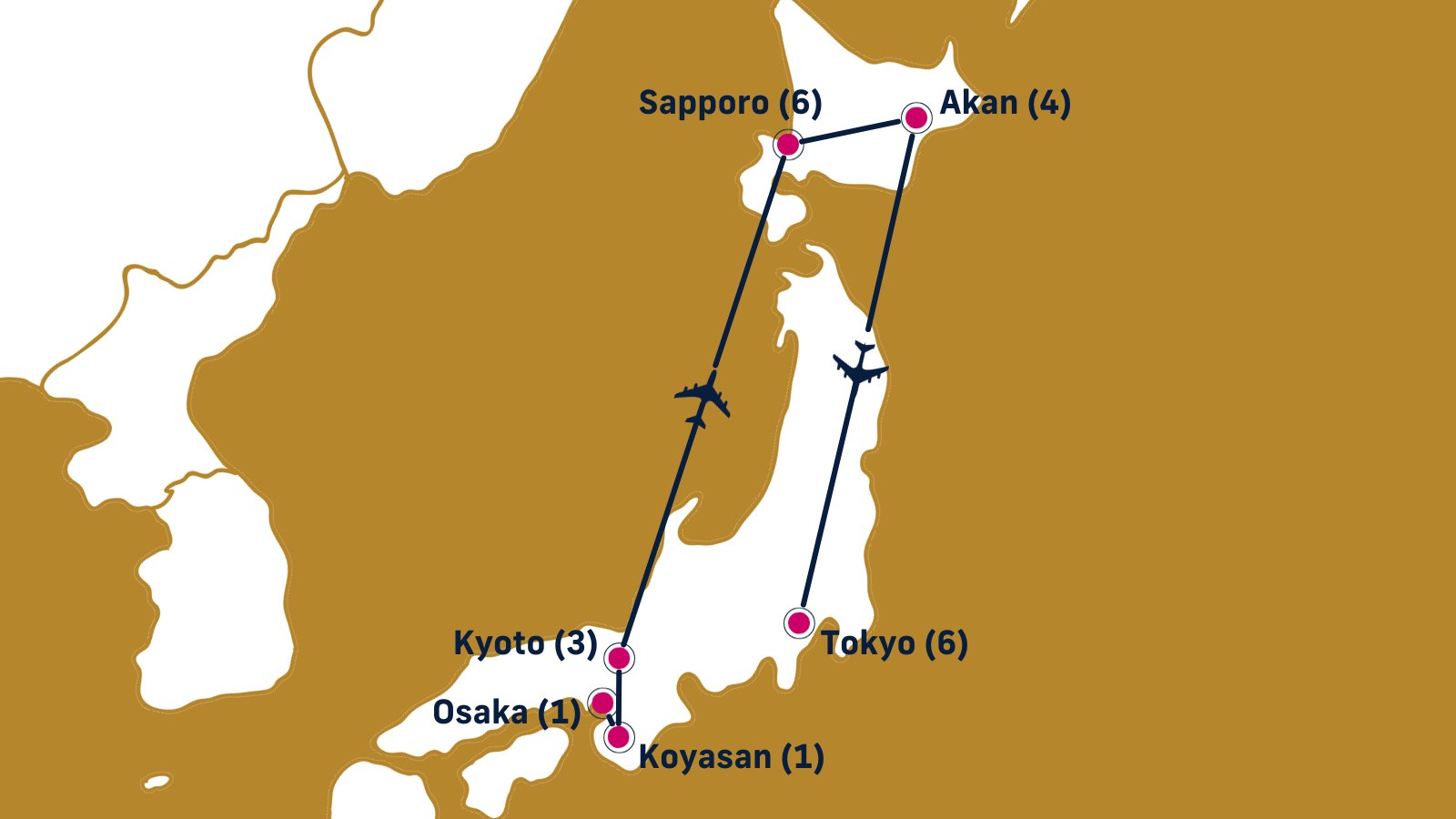
Key:
(#) = number of nights; airplane = flight
Itinerary
Day 1: Osaka
10:00PM Orientation at Hotel
Day 2: Koyasan
Travel by chartered bus to Koyasan. Highlights include historical site, forest hike, and Shakyo experience at temple
Day 3: Travel to Kyoto
Travel by chartered bus to Kyoto
Day 4-5: Kyoto
Tours of temples, gardens, Arashiyama, bamboo forest, and more
Day 6: Travel to Sapporo
Flight to Sapporo
Day 7-11: Sapporo
Highlights include Teine community service, Kimono try-on, sushi-making, Sapporo University Urespa Club visit, Hokkaido University visit, and UPOPOI Ainu museum
Day 12: Travel to Akan Kotan
Travel overland by chartered bus to Akan Kotan. Attend two performances at IKOR (Ainu performing theater)
Day 13-15: Akan
Highlights include canoeing in Akan Lake, edible plant hunting and Ainu cooking lesson with Ainu elders, Mukkuri making workshop, and attending Ainu language class
Day 16: Travel to Tokyo
Flight to Tokyo
Day 17-21: Tokyo
Highlights include Edo Fukagawa Museum, KABUKI performance, Meiji Shrine, Harajyuku, and Waseda University visit
Day 22: End of Program
Breakfast at hotel; end of program
Program Director
Cesar Castillo
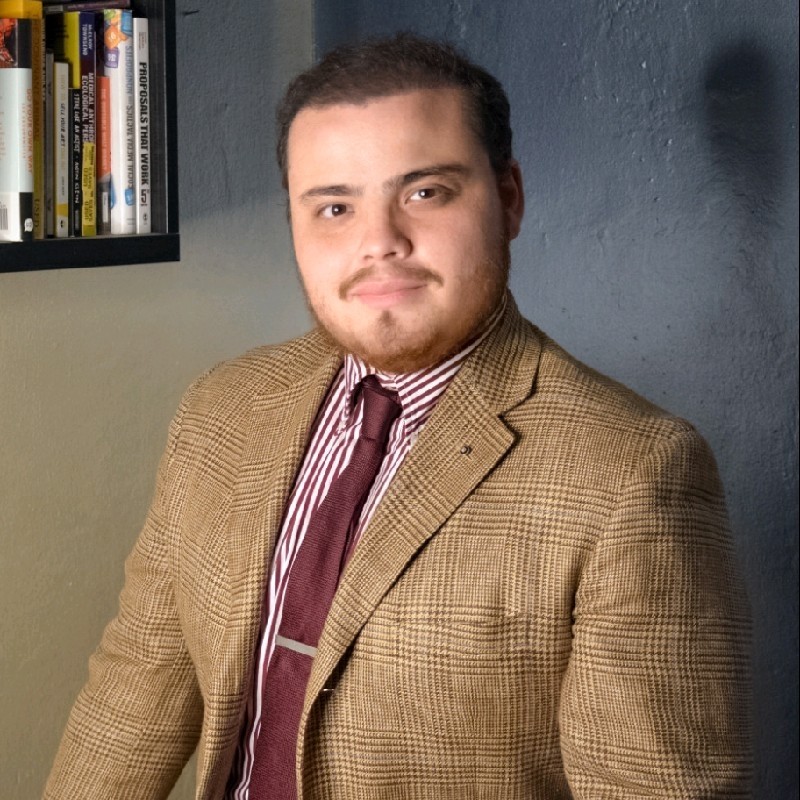
Cesar Castillo is a cultural anthropologist and Program Director for the FIU Honors Japan Study Abroad. As Program Director Cesar teaches on Japanese Indigenous Ainu culture, Edo period society, and contemporary Indigenous affairs. As program director, Cesar combines his fieldwork experience and intimate knowledge of Ainu culture with broader global perspectives to immerse students in global cultural exchange. Cesar earned his MA in Latin American and Caribbean Studies and BA in Sociology and Anthropology at FIU.
As a PhD. Student at the Department of Global and sociocultural studies. Cesar’s research is centered around academic tourism and educational experiences between study-abroad students and Indigenous communities in Latin America and Japan. His research stems from his long engagement with indigenous communities in Ecuador, Costa Rica, and Japan as well as passion for immersive education.
Professionally, Cesar’s a seasoned researcher who has worked in both private and public industries. Specializing in qualitative methodologies, Cesar facilitates cross-cultural understanding for business communication and global brand strategy, fostering inclusive product design across various industries such as education, consumer goods, and pharmaceuticals.
2024 Payment Schedule
|
1st Payment (Deposit)* |
2nd Program Payment* |
Spring 2024 |
3rd Program Payment* |
Education |
Summer A 2024 |
||||||
|
Deadline |
Payment |
Deadline |
Payment |
Deadline |
Payment |
Deadline |
Payment |
Deadline |
Payment |
Deadline |
Payment |
*Payments are non-refundable & non-transferrable

